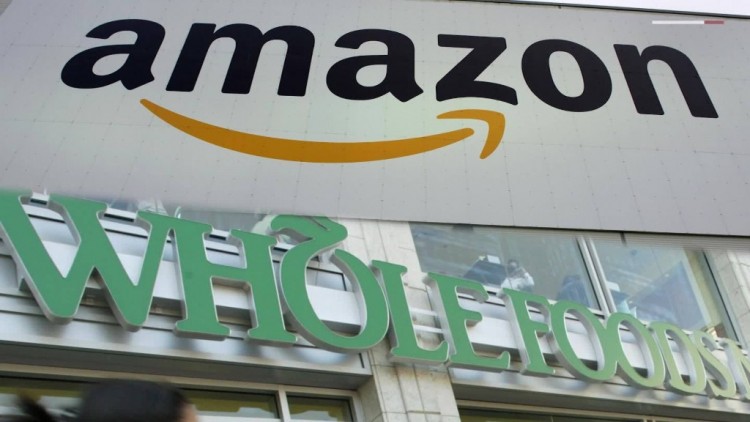Why You Should Invest in Omnichannel Solutions, Not Just Online Stores

By now, most retailers have accepted that e-commerce will be an important source of revenue in the future. Even food retailers, which previously believed online would contribute little to their growth, are starting to change their tune, and fast.
For example, Mercadona, one of Spain’s largest grocers, invested €126 million last year in a “digital revolution,” but its new data centers were built to support their physical stores rather than its online channel, which was not seen as a key strategic initiative.
Today, however, Mercadona admits that the limited e-commerce functionality of its website and lack of process integration has cost it at least €30 million in the last year. The retailer has belatedly woken up to the threat and plans to make significant improvements in its e-commerce capabilities by 2018.
The Competition is Heating Up
Like retailers in other sectors, grocers are feeling the heat from e-tailers like Amazon, whose sheer size and integrated business model combine to give it a seemingly unbeatable advantage when negotiating with suppliers, leveraging economies of scale and offering innovative services.
The latest move by giant Amazon sees it moving into brick-and-mortar grocery retailing with its record-breaking buyout last week of US food retailer Whole Foods. With Amazon’s expertise, Whole Foods will be able to reduce costs and move inventory faster across its 450 stores.
Integration is the Product
Amazon isn’t just selling products. Amazon integrates the elements of the modern retail business — particularly when it comes to shipping, warehousing, and distribution — and this integration could be considered their most valuable product.
Many grocery chains already operate online but the online operations are often run separately from their physical stores. As retailers look to introduce more products, seasonal cycles, customer services and fulfillment options, the added complexity and lack of integration can quickly lead to excessive costs.
“Operational excellence drives working capital optimization and unlocks the potential of omnichannel. Without it, it would be far riskier for retailers to go omnichannel,” says Maarten Tromp, Director of Product Management at Openbravo.
Even though 90% of retail sales still happen in stores, today’s retailers will have to invest in new technology solutions if they want to have a better chance of competing with Amazon’s supply chain and technology infrastructure.
Improve Your Profit Margins
An integrated retail platform such as Openbravo Commerce Suite allows brick-and-mortar retailers to face up to the challenges and opporunities created by e-commerce.
They can take control of their supply chain, optimize online and offline operations, and manage store operations, inventory, warehouses and purchase orders in a coordinated manner.
Without an integrated platform, retailers run the risk of duplication, high costs, and a lack of agility as they try to adapt their operational capacity to meet new competitive threats and changing market demands.
So now is the time for retailers to consider investing in an integrated retail platform that will allow them to successfully face up to the profound changes that e-commerce is creating in all retail sectors.
For a free product tour of Openbravo’s integrated retail management solution, please visit https://www.openbravo.com/solutions/free-product-tour/




No Comment